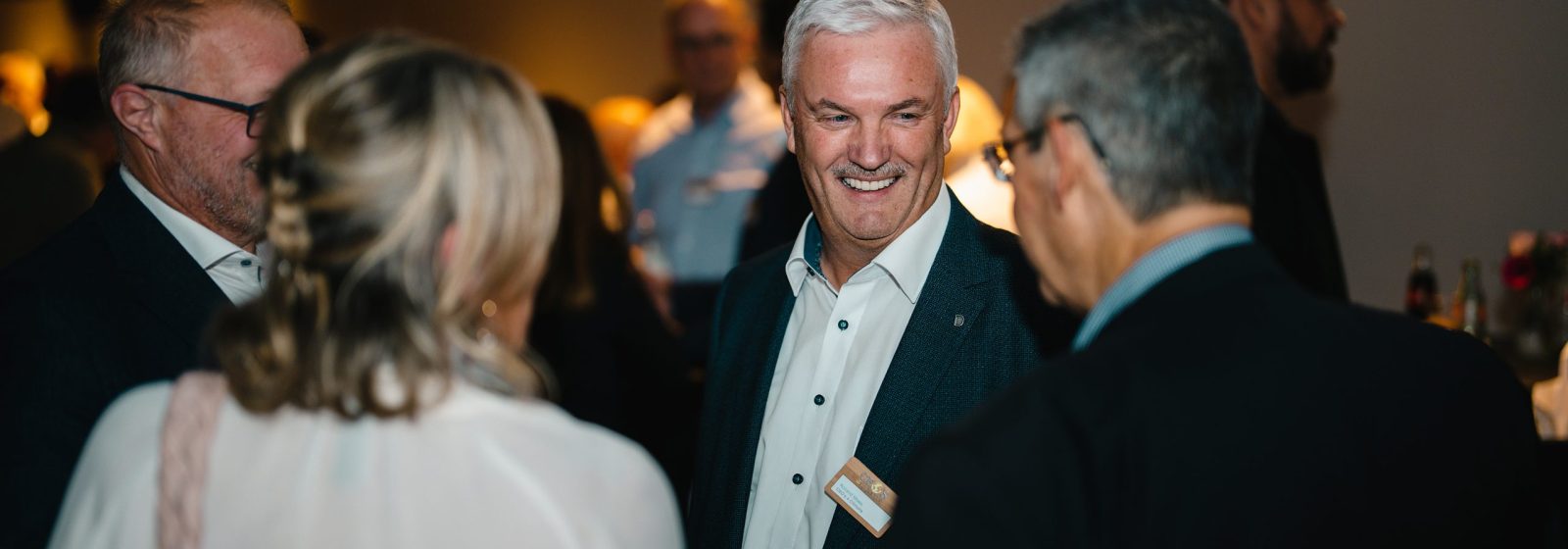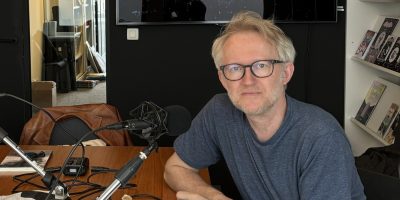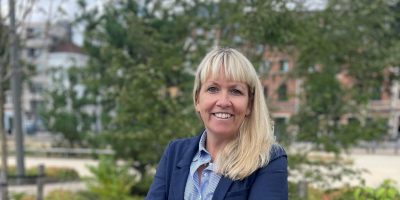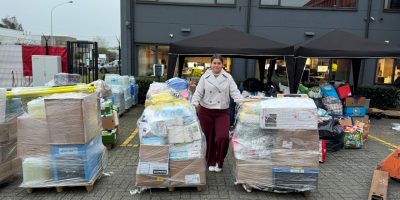
In the anniversary edition of our magazine, we gave companies in the maritime and logistics sector a chance to put themselves in the spotlight. With CEOs 4 Climate, West Fleming Roland Maes wants to offer inspiration to companies in their transition to a sustainable business.
CEOs 4 Climate is a network for climate-conscious entrepreneurs. Shouldn’t all CEOs be climate-conscious these days?
“Every entrepreneur should at least become an energy entrepreneur. And there is obviously a big part of climate awareness in that. Anyone who wants to continue doing business successfully in the next five or 10 years will have no choice but to take the changing energy needs and climate into account.”
What is an energy entrepreneur?
“We try to connect by organising a lot of climate cafés and events around energy transition, for example. We not only want to inspire with events and speakers, but we also want to be doers ourselves. For instance, we have our own side project alongside CEOs 4 Climate. Via Care launched a device, the CRM Fog, during the past pandemic. A device that can kill all microbes in the air and on surfaces in an environmentally friendly way. We have already successfully deployed that device during the past corona epidemic. We also deployed the CRM Fog during the floods in the Vesder Valley to successfully combat mould in buildings.”
“Besides our own products, we also want to unburden companies in their search for the ideal energy mix. This can then involve, for example, charging stations, solar panels, batteries and high voltage. Whereas many companies stop after delivering and installing the products, we continue to follow up and adjust the customer. Afterwards, we check whether the promised returns are actually achieved, which is not only important for the environment, but also for your portfolio as an entrepreneur. For instance, yield improvements of around 40 per cent are often promised. But is this effectively the case?”
Do you only supply and install products or do you also look beyond that?
“Together with the customer, we look at subsidy options, for example, Flemish, Belgian and European. We also help the customer apply for permits. For this, we work with an ecosystem of local companies across Belgium. For example, when we install charging stations in Limburg, we will have a local installer from that same province do it.”
What is your working method?
“We first listen to the customer’s needs. We have a lot of experience in the transport world, for example, so we look at when trucks can be loaded, for example. Is it at night, during the day or on the road? We ask a lot of questions, draw up a priority list based on the available budget and then walk the customer through the process. It is also important for a customer that we continue to monitor their green investments. This way, we ensure that the investments are actually recouped. Each company has to decide for itself how big a step it wants to take in greening its business. We can completely unburden the company in this regard.”




